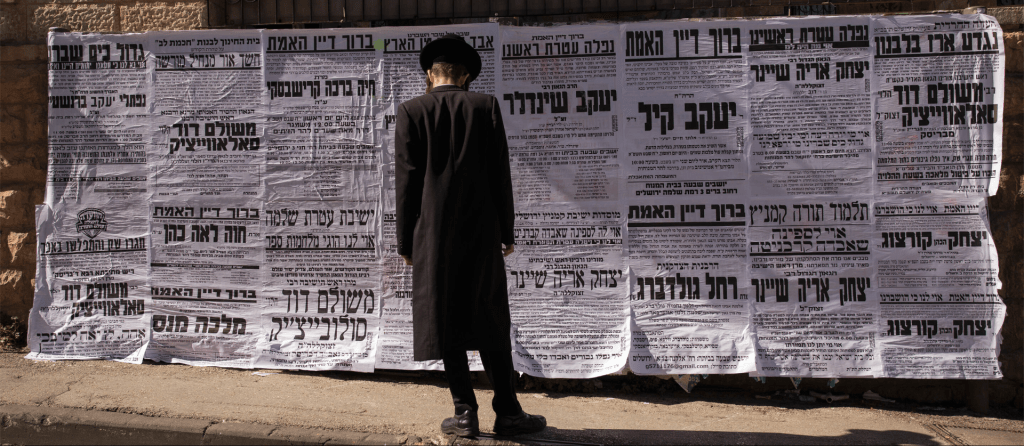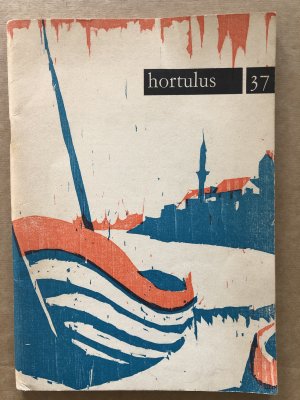Please join us on Monday, 11/13/2023, at 5pm in Swift 201 for a presentation by:
Seth Joachim
MA, University of Chicago Divinity School
“Ethical Icarus? Levinas Through the Eyes of Teachers”

At first glance, Emmanuel Levinas’s ethics may appear superficially incoherent with human nature. Even as an idealized account of how humans ought to act, the great demand of the Other in Levinas’s ethics would seem to suggest that it would be impossible to ignore the suffering of others. And yet, everyday anecdotal experience demonstrates the ease with which people walk past the basic call to help from others on the street. Another reading might suggest that the way gazes are averted from those in pain suggests just how earnestly individuals attempt to avoid the exact relation to which Levinas’s ethics refers. In contrast, teachers are an ideal case to demonstrate how certain individuals choose to commit the support of others. Through teachers as a test case, this paper asserts the continued relevance of Levinas’s ethics while also suggesting the role of rational choices to impact one’s engagement with others.
The paper, to be read in advance of the workshop, can be found here: Joachim (password: levinas)





